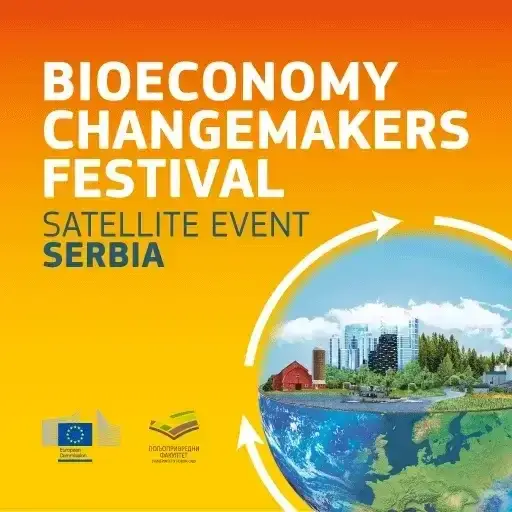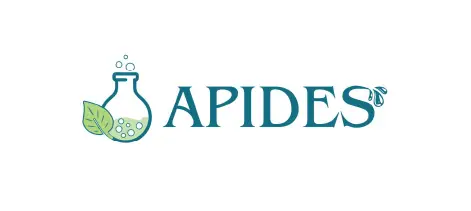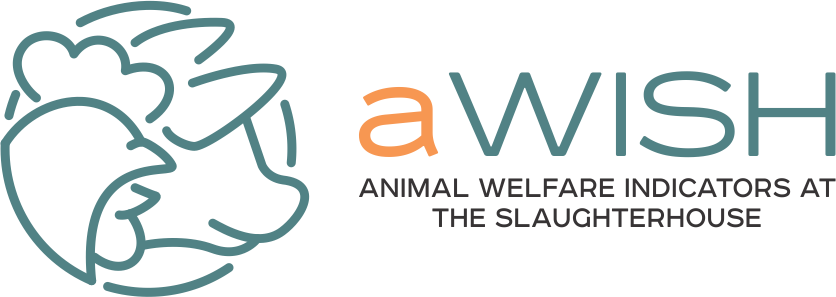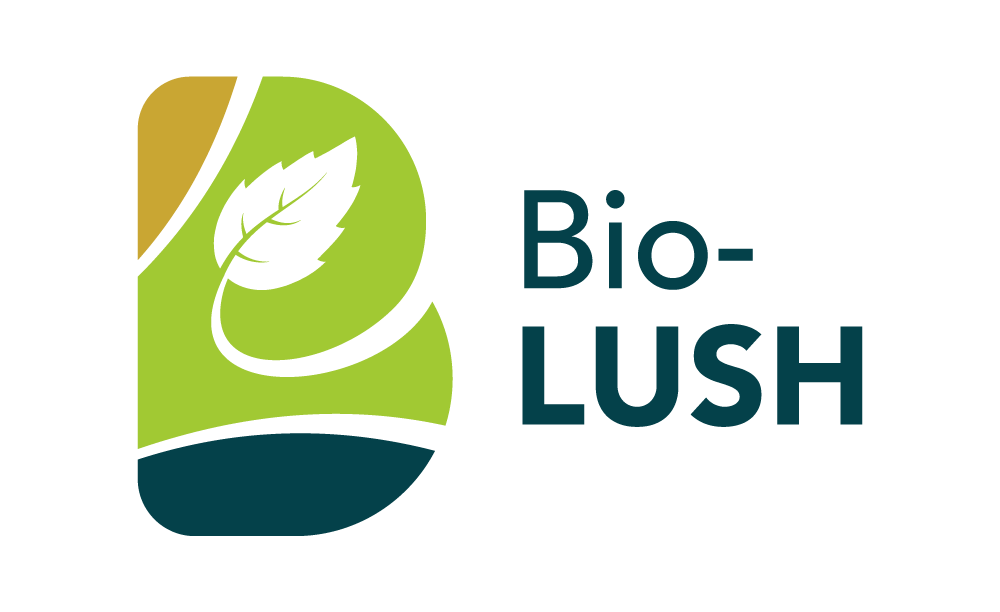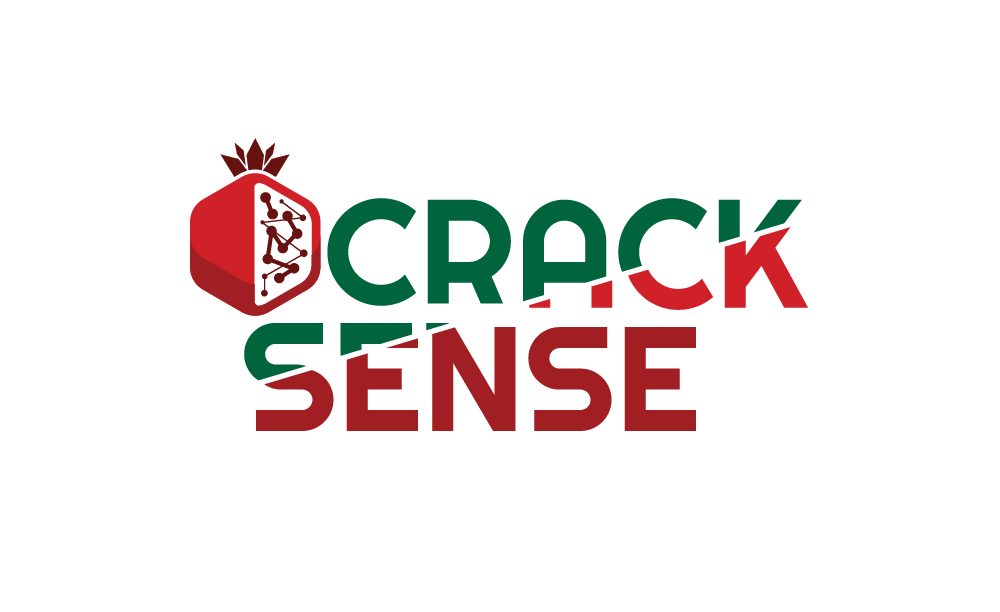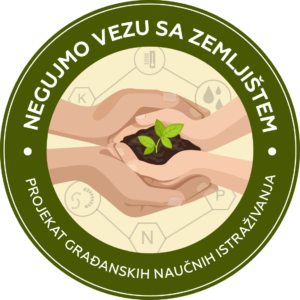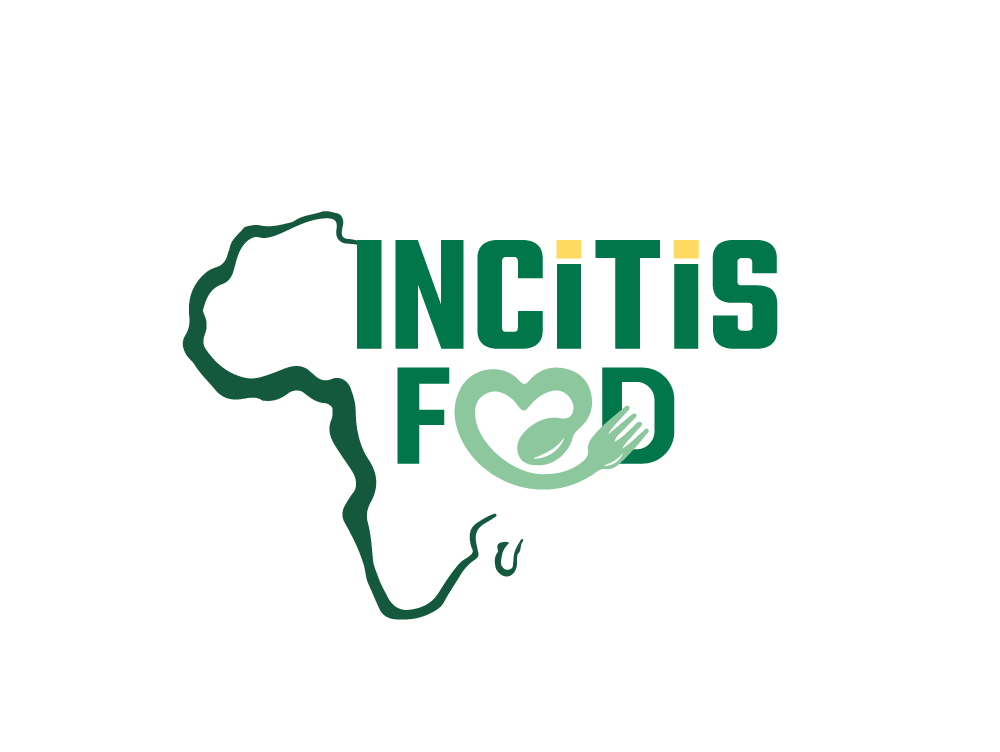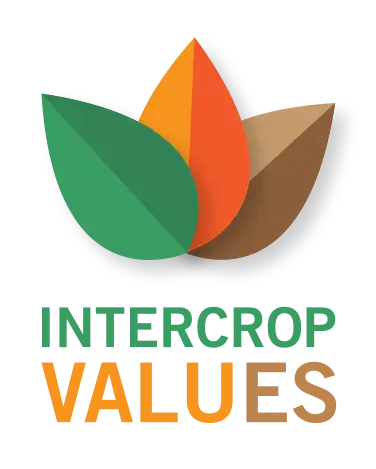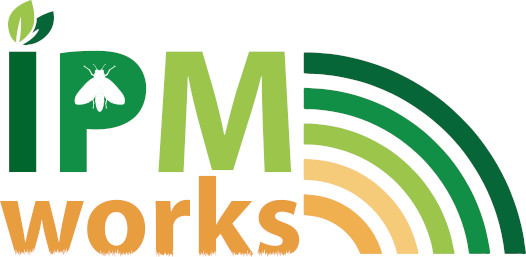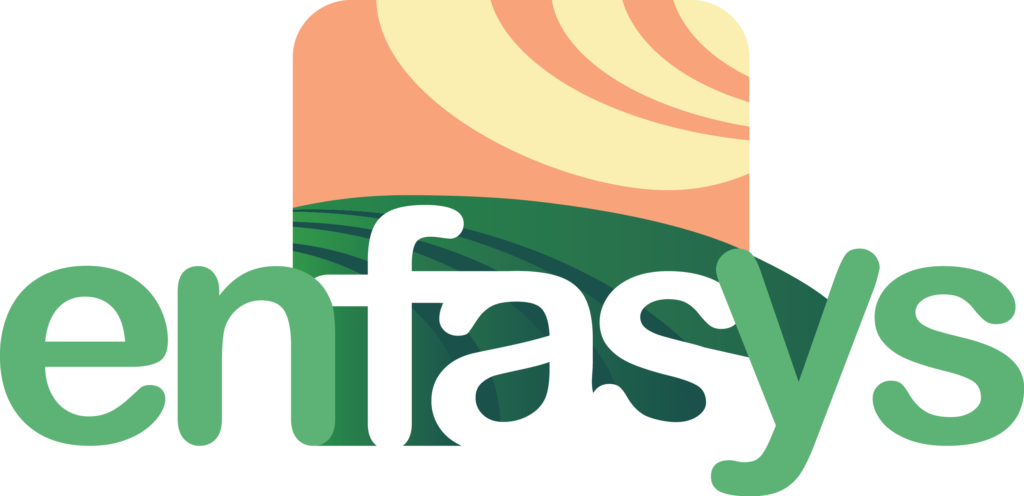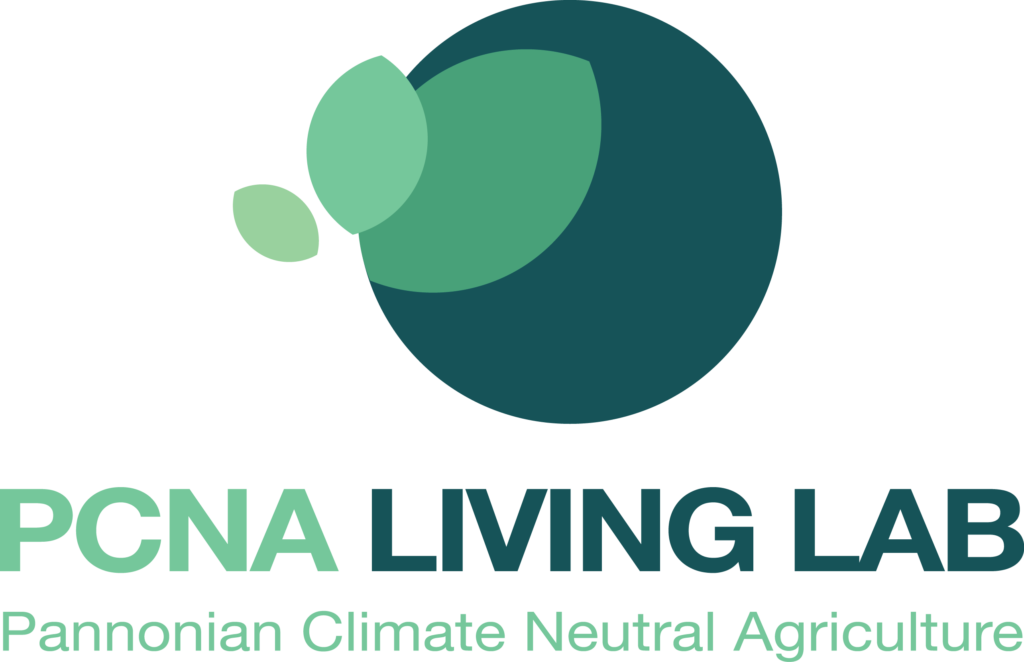LIST OF PROJECTS
APIDES LAB
Active Pharmaceutical Ingredient Deep Eutectic Solvents as Novel Therapeutic Agents and Food Supplements (APIDES) is a project financially supported by the Science Fund of the
Republic of Serbia, #GRANT No. 7731993. The center of the attention of the project APIDES is Natural Deep Eutectic Solvents (NADES). Considering that the ingredients of NADES are cheap, readily available and renewable raw materials of natural origin, these solvents are the latest offspring of green chemistry. The primary goal of the project is a detailed and systematic investigation of the solubility of the most important natural biologically active compounds, which are commercially available, as well as testing the biological activities of the obtained formulations (APIDES system). The obtained systems, which will show the greatest biological potential, could be used directly as supplements or as additions to functional food products.
Project coordinator: Boris Popović
aWISH
At the heart of the aWISH project (Animal Welfare Indicators at the Slaughterhouse) is the large-scale, automated welfare monitoring of animal-based indicators at the slaughterhouse, that are related to welfare on-farm, during (un)loading, transport, and slaughter. Novel sensors will be developed and tested to measure these indicators, so data can be collected continuously and automatically. The aim is then to use this data to give feedback and advice on best practices to those responsible for the broilers and pigs throughout their lifetime (farmer, catching team, transporter, slaughterhouse). This approach will be developed and evaluated in close collaboration with all actors involved, from the livestock farmers up to policymakers and citizens.
Local project coordinator: Jelena Jojić
BEAMING
Bioeconomy excellence alliance for stimulating innovative and inclusive green transition (BEAMING) is an innovative project dedicated to enhancing excellence and promoting innovation in the field of bioeconomy. The initiative aims to address the need to increase competitiveness and visibility of higher education institutions (HEIs) in Europe, with a particular focus on expanding countries in Eastern European EU member states and the Western Balkans. Partners implementing the project in Serbia are the Faculty of Agricuture, Novi Sad, Educons University, and the Insitute for Development and Innovation.
Local project coordinator: Dejan Beuković
Bio-LUSH
The Bio-LUSH project aims to demonstrate a reliable value chain that exploits the cell wall structure of underexplored plant resources in Europe, such as forest residues, marine plants and weeds, to extract high-quality fibers. By combining plant selection, traditional breeding, efficient valorization routes, and advanced fiber characterization, the project ensures the production of high-value fibers with short-term market potential. These fibers are directed towards sustainable bio-based products such as textiles, food packaging, and reinforced composites. The project contributes to retaining the value of the EU’s fibrous biomass and promoting the growth of the European fibrous bio-economy, revitalizing marginal and rural areas affected by desertification or socio-economic difficulties. The extended and circular use of plant biomass also contributes to decarbonization and reduced eutrophication.
Local project coordinator: Maja Fišić
CrackSense
Fruit cracking is one of the main physiological disorders limiting fruit quality and yield. It is a peel disorder occurring mainly during the pre-harvest stage due to climatic and environmental conditions and poor orchard management. The EU-funded CrackSense project will develop and upscale sensing technologies providing real-time sensor data through piloting activities concerning the fruit cracking problem in citrus, pomegranate, table grapes and sweet cherries. The Integrated CrackSense Solution will improve the sensor data collected into EU-wide data sets, including Earth Observation Data and other data sets concerning environmental conditions and used to monitor agricultural production. The solution will mitigate the effects of the cracking phenomenon reducing by half the yield losses due to cracking, allowing farmers efficient management and sustainable actions.
Local project coordinator: Mladen Radišić
CREDIT Vibes
CREDIT Vibes will use a multidisciplinary approach to increase agro-knowledge and agrotechnology in organic production from crops with improved nutritional and bioactive properties for human and livestock feed. Activities will strengthen and stimulate the development of a human capital base in the region, they will promote the establishment of open, inclusive and responsible national research and innovation systems, support institutional change through the development of inclusive gender equality plans in accordance with Horizon Europe and ERA goals, as well as supporting policy creation based on identities.
Project coordinator: Kristina Petrović
CULTIVATING SOIL CONNECTIVITY
This project aims to engage farmers and the younger generations, acting as guardians of soil sustainability, through relevant agricultural organizations, preschool, and school institutions, to collectively monitor soil health indicators in the territory of Vojvodina during 2024-2025. With the educational support of scientific researchers, citizen scientists will use simple, economical, and standardized methods for sampling and measuring selected physical, chemical, and biological soil indicators, generating soil data, and drawing conclusions based on these indicators. After validation and analysis, the collected data will be shared with all participants for the joint drawing of conclusions and deepening understanding of soil health, as well as facilitating future collaborations and initiatives between citizens as individuals, local communities, agricultural organizations, and research institutions.
Project coordinator:
INCITIS FOOD
Current African food systems are experiencing severe challenges in delivering desired outcomes of food and nutrition security, environmental conservation and sustainable livelihoods. Consequently, a quarter of those residing in African cities remain food insecure and malnourished. Within 4 years, the EU-funded INCiTiS-FOOD project will improve food and nutrition security in African city regions and reduce the food-system-related environmental footprint while contributing to circularity. INCiTiS-FOOD will co-create circular agri-food technologies, practices and business models that focus on soilless crop farming, recirculating aquaculture systems and insect farming. A core part of the project will be the establishment of eight Living Labs located in six countries across three African regions. The project will also empower communities through the Open Calls funding, supporting external Local Innovation Hubs.
Local project coordinator: Mladen Radišić
INTERCROP VALUES
IntercropVALUES aims to exploit the benefits of intercropping to design and manage productive, diversified, resilient, profitable, environmentally friendly cropping systems acceptable to farmers and actors in the agri-food chain. As a multi-disciplinary and multi-actor project, it brings together scientists and local actors representing the food value chain. It includes 27 participants from 15 countries (3 continents) from a wide diversity of organizations and stakeholders.
IntercropVALUES will develop scientific research to better understand and model the functioning of associated crops, and detailed analysis of the bottlenecks and levers at the sector level to identify credible solutions.
Local project coordinator: Branko Ćupina
IPM WORKS
The objective of IPMWORKS is to promote the adoption of IPM strategies, based on a EU-wide network of farmers, who will both progress further in the adoption of IPM – through peer-to-peer learning and joint efforts – and demonstrate to other farmers that holistic IPM “works”; i.e. allows a low reliance on pesticides with better pest control, reduced costs and enhanced profitability. IPMWORKS will coordinate existing networks promoting IPM and launch new hubs of farms in regions or sectors where IPM pioneers are not yet engaged in a relevant network. Advisors coordinating hubs will have a major role in facilitating knowledge sharing, coaching farmers to find their own IPM solutions, and organising local demonstration activities. IPMWORKS will stimulate access to the ‘IPM Decisions’ platform and provide information on the IPM methods. It will collect data for comparing IPM strategies, and share results and dissemination material through channels widely used by farmers, broadcasting IPM success stories. It will organise training, and produce training material, targeting both farmers outside the network and advisory services, in order to prepare for the future dissemination of the peer-to-peer learning approach and the general adoption of IPM throughout the EU.
Local project coordinator: Isidora Stojačić
EINSTEIN
The overall far-reaching objective of EINSTEIN is to transform UNS aiming to be among the first 700th universities in Shanghai ranking by 2030 since its current rank is at 901-1000. UNS is expected to become the University of the Future, promote European ideals and culture, and revolutionize the competitiveness and excellence of European higher education. UNS will contribute to regional development, improving innovation through research, promoting business growth by contributing to human capital development, and improving social equality. To contribute to this objective, UNS will play a leadership role in problem-solving and serve as a model of civic behavior for society. It will direct academic and R&I activities to develop critical awareness of young generations about the challenges of our society.
Project coordinator: Goran Stojanović
Project Manager: Kristina Petrović
ENFASYS
ENFASYS will frame current transitions to SFS and screen 160 cases for current interventions. Through systems analysis and behavioral and experimental studies, ENFASYS will uncover lock-ins from a systemic and behavioral point of view. The project will investigate the 10 case studies to uncover their mechanisms at the food system level, uncovering key lock-ins and potential levers to move towards Sustainable Farming Systems.
The ENFASYS project is coordinated by the Institute for Agricultural, Fisheries, and Food Research (ILVO) based in Belgium. It includes 11 more partners from 9 European countries. ENFASYS is funded by the European Union from Horizon Europe Research and Innovation project, under grant number 101059589.
Local project coordinator: Maja Budimir
FARMTOPIA
Despite the agricultural industry’s increasing interest in Agricultural Digital Solutions (ADSs), their adoption among European farmers, particularly small-scale ones, has remained limited. This creates a significant gap that needs addressing to enhance the economic and environmental aspects of the agricultural sector. Farmtopia envisions a future where ADSs cater to the needs of small farms more readily, encompassing their creation, deployment, and affordability. The envisioned impact includes providing validated ADSs to over 64,000 small farms. As the project advances, we will continually update our website with further details about the SIPs (Sustainable Innovation Pilots), digital solutions, and results.
Local project coordinator: Mladen Radišić
GreenLAND
Our planet is being polluted at an alarming rate. Plastic pollution is one of the most urgent environmental problems. Despite serious efforts made at the European level, internal disparities can be observed between different countries and regions in Europe, in terms of prevention, detection, and purification of microplastics. This project aims to change the system in which a major contribution will be made to a plastic-free planet by working on preventive measures, innovations, and a remediation plan. We have developed a strategy that will launch Serbia through the GREENLand project into the most modern R&I position in Europe. This will be achieved by twinning with EU research institutions with strong expertise in this field – the Alfred Wegener Institute, Germany and the University of Galway, Ireland.
Project coordinator: Miloš Rajković
OPENAGRI
The overall aim of the OpenAgri project is to democratize digital farming by enabling the development and deployment of innovative cost-effective energy-efficient OS software and open hardware-based ADSs that can operate at a high performance even in remote areas with weak connectivity. This will be achieved by a) ensuring the co-creation of ADSs by engaging farmers and farm advisors in participatory prototyping activities inspired by the maker spaces approach, and b) providing access to several reusable OS software services designed to support the edge and mixed computing modes, and a “sociotechnical infrastructure”.
OpenAgri will involve farmers, ADSs providers, farm advisors, and scientists in 14 Sustainable Innovation Pilots (SIPs) in ≥10 countries across Europe, and guide them in co-creating and piloting edge, cloud, and mixed-model ADSs addressing important challenges of agricultural production. Finally, building on a thorough analysis of EU agriculture and the results from the SIPs, OpenAgri will create a Decision Support Tool that will allow Policymakers, Farmers, and Farm Advisors to select the best possible cloud, edge, or mixed ADSs for any given set of conditions.
Local project coordinator: Mladen Radišić
PCNA Living Lab
The Pannonian Climate Neutral Agriculture Living Lab is an open innovation center for the co-creation of agricultural solutions and technologies. Our vision is to bring farmers, researchers, and innovators closer together to be more relevant and useful to each other. Researchers address priorities to practitioners, and innovators customize their services/products for practitioners, while they provide practical experience and important feedback.
The Living Lab’s members represent leading actors of the agricultural sector in the Province of Vojvodina, Serbia’s breadbasket: Agro Campus, the National Research and Education Center for Innovative Technologies in Agriculture; University of Novi Sad, Faculty of Agriculture; The Association of Balkan Eco-Innovation and Institute for Development and Innovation.
Significant experimental farming facilities provide industry and academia with the place and tools to experiment and innovate in a real-life environment, together with practitioners. At the same time, the direct involvement of civil society and strong reach to policymakers enables us to include climate-neutral innovation in the political agenda.
Project coordinator: Vesna Nešković
PRO-SUSTAIN
PRO-SUSTAIN, as a comprehensive innovative project concerning insects as livestock feed in Serbia, envisions the creation of a sustainable resource-efficient industry for the production of animal proteins based on mealworms in the countries of the Western Balkans. The main goal of PRO-SUSTAIN is to facilitate industrial insect production in Serbia and the Western Balkans in the coming years and to enable new market opportunities for insects as livestock feed. Its aim is to ensure that high biological value insect-based protein is produced through the concept of a circular economy, using by-products of the industry as a nutritious substrate, in optimal breeding conditions. In this regard, PRO-SUSTAIN will explore and optimize the conditions for mass insect breeding, their processing into livestock feed, as well as their impact on digestibility and growth parameters. In addition, the ecological footprint of insect breeding would be assessed through greenhouse gas emissions. It is expected that the mass breeding of insects, their biotechnological processing into insect larvae meal and further into livestock feed and nutrition, will be fully optimized. In addition, the project would provide results on growth and digestibility in the diet of poultry fed with insects.
Project coordinator: Igor Jajić
PROTOPOWER
PROTOPOWER project uses a multidisciplinary approach to achieve two main goals: 1) utilisation of scientific results to help food producers meet the consumers’ demands for alternative proteins and dietary fibres sources through the development of high-quality products from the rapeseed press cake and 2) reduction of environmental pollution from food industry through development and utilisation of natural coagulant(s) which could be applied in industrial systems for wastewaters treatment. Project deals with two different but complementary topics. The project ideas are innovative and worth patenting, especially in the field of natural coagulant(s) development since there are no available research data regarding their production from oil industry processing waste. Two food-grade products PROTOPOWERF protein isolates and POWERDF high-fibre ingredient as well as natural coagulant The project aims to generate novel products by using eco-innovative extraction procedures which could be easily transformed and validated on an industrial scale thus offering higher sustainability of industrial systems and improved business models, as well as the implementation of cleaner technologies. The food products developed using PROTOPOWER proteins and dietary fibres could positively affect consumers’ health as well as their habits and make the Serbian food industry competitive at the EU market.
Local project coordinator: Pavle Jovanov
PUBLIC PROCUREMENTS AND GOOD MANAGEMENT FOR GREATER COMPETITIVENESS
NALED, within the project “PUBLIC PROCUREMENTS AND GOOD GOVERNANCE FOR GREATER COMPETITIVENESS”, with the support of the Swedish International Development Cooperation Agency – SIDA, is conducting a CO2 Research in primary crop production and supply chain sustainability analysis of crop production with a special emphasis on capacity building of food and agriculture sector participants in the implementation of ESG criteria. In order to obtain data on CO2 emissions and the sustainability of the production chain, NALED is conducting an analysis that will show the stages of the “Farm to Fork” process that cause the greatest CO2 footprint and have a negative impact on the environment and climate change. The project envisages research on the extent to which specific criteria in contract awarding can reflect ESG criteria as elements of public procurement, enabling more bids from companies with sustainable practices (smaller CO2 footprint, use of renewable energy, established waste management systems, etc.) and socially responsible policies. NALED’s Food and Agriculture Alliance consists of 58 members who will jointly participate in the transformation of food production and processing systems in Serbia. Within the project, training is planned for the members of the Alliance on the application of ESG criteria in business.
Local project coordinator: Todo Terzić
REGAGRI SERBIA
The Regenerative Agriculture Alliance of Serbia consists of farmer groups, the agri-food industry, agri-advisors, technology companies, and researchers. Co-founders include the Association of Balkan Eco Innovations, Faculty of Agriculture – University of Novi Sad, GILab d.o.o. (a digital agri-services provider), and the Institute for Development and Innovation (a civil society group of policy experts). We strongly rely on bringing
together existing structures and networks, namely: farmer groups, advisor networks, and our network of leading figures in the regenerative space in Serbia. Reg Agri partners are united to accomplish together what they cannot do alone: address all the complex reasons why few farmers in Serbia are regenerative.
The Alliance has multiple activities such are: developing training materials, organising training sessions, identifying the trainers; coordinating their participation, setting up and managing a demo farm network, exploring and supporting tailored financial support mechanisms for regenerative agriculture, identifying and characterizing key issues, coordinating and supporting
multidisciplinary research, online communication; dissemination to promote the regenerative approach as well as relevant practical and scientific results, supporting access to adequate mechanization.
Coordinators: Maja Budimir and Srđan Pavlović
STRENTEX
Wearable technology is set to flood the fashion runway. Our clothes are getting smarter with the integration of stretchable electronic circuits into textiles. The action of the ERA Chair project STRENTEKS aims to enhance the research potential of the Faculty of Technical Sciences at the University of Novi Sad in Serbia. Building on the network of existing international, regional, and national partners, as well as small and medium-sized enterprises and interested parties, the STRENTEKS project will contribute to the development of health monitoring patches, sensors in baby slings, therapeutic wound dressings, and other similar products, thanks to the establishment of the Center of Excellence in the field of stretchable and textile electronics and through the engagement of the ERA chair holder and his team.
Project coordinator: Goran Stojanović
VALPRO
In order to create value for all food-chain actors and enhance plant protein production in Europe, VALPRO Path will launch five large-scale pilots (Innovative Production Systems) in Germany, Ireland, Italy, Portugal, and Denmark. Covering 5 pedo-climatic areas and protein crops with the highest value potential like pea, lupin, chickpea, faba bean, and lentils, VALPRO Path will ensure sustainable growth of protein crops through variety selection of nutritionally best plant-protein sources and their combinations. For newly developed solutions and practices to fit the needs of the European plant protein market, we will create business models for each specific pilot providing them with key insights regarding the market analysis, competitor analysis, and target users.
Local project coordinator: Mladen Radišić
ZEROW
World hunger is on the rise, yet a third of all food produced globally goes to waste. The EU-funded ZeroW project aims to provide significant contributions to preventing and reducing food waste and enhancing the sustainability of food supply chains. Specifically, ZeroW will carry out the demonstration of diverse innovations in nine real-life food chains, employing a systemic innovation approach to effectively address the multidimensional issue of food waste. Moreover, the project will justify how scaling up the results of the demonstrated innovations, and combining them with appropriate policies, can bring us closer to the Green Deal’s 2030 food waste reduction goals.
Local project coordinator: Sandra Stojanović
© 2024 Bioeconomy Changemakers Festival - All Rights Reserved
